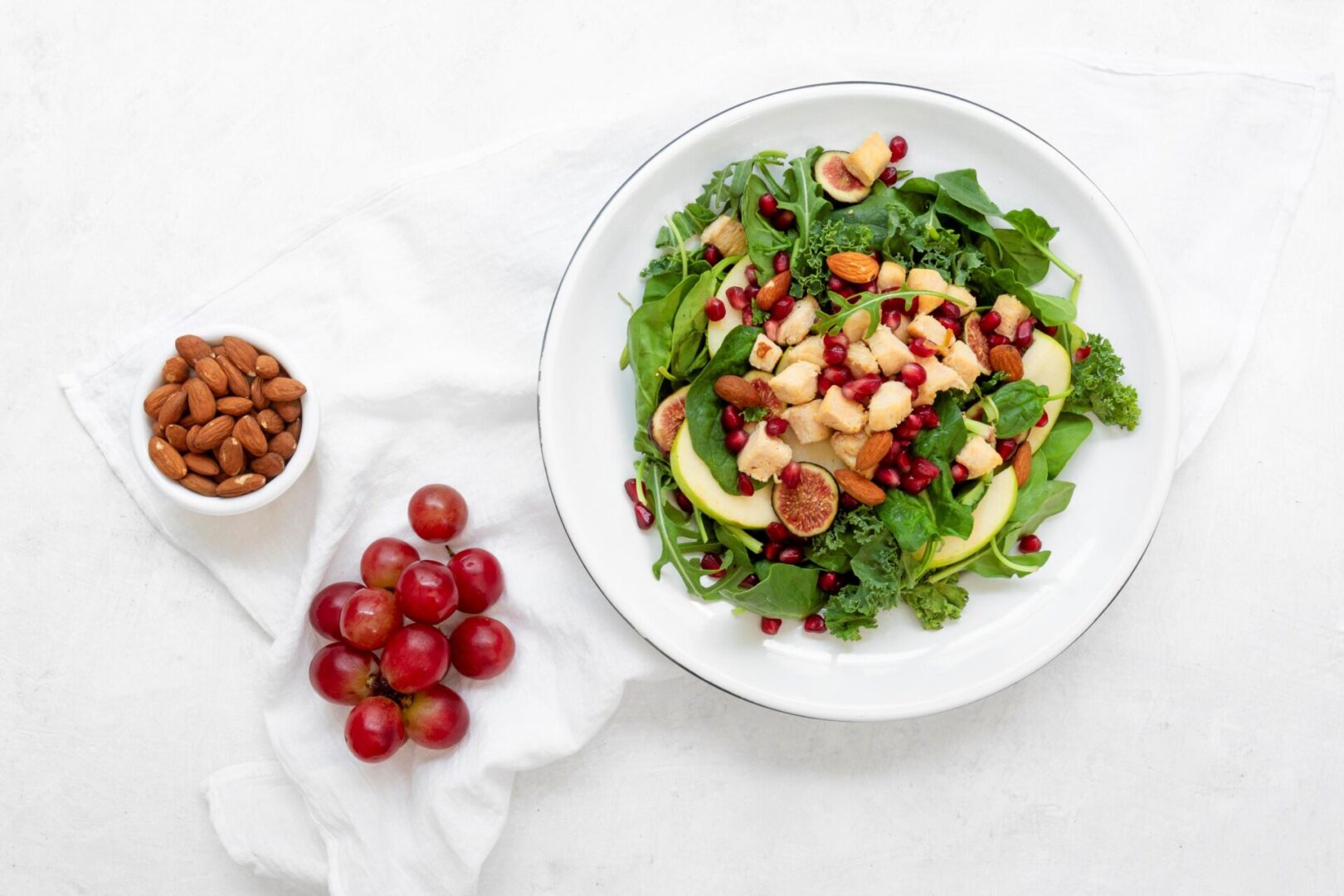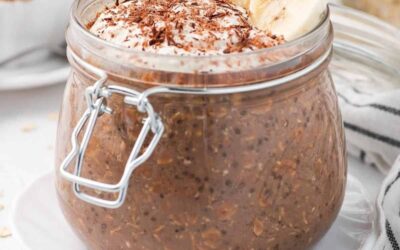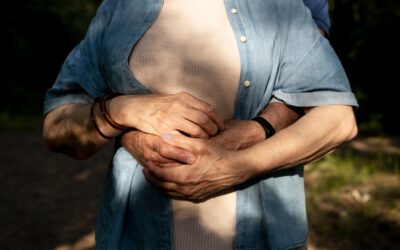Sleep is not just a luxury; it is a foundation of health, especially for those living with Parkinson’s Disease. Research shows that poor sleep quality can directly increase the risk of falls, affecting balance, coordination, and reaction time. In this article, we explore the critical connection between sleep and mobility in Parkinson’s Disease, highlighting practical strategies, including nutrition, that can support better rest and help reduce fall risk.
To learn how personalised strategies can fit your lifestyle, explore my nutrition services and review my plans and pricing.

The Sleep-Mobility Connection in Parkinson’s Disease
Many individuals with Parkinson’s Disease experience disrupted sleep due to tremors, stiffness, or restless leg sensations. Unfortunately, poor sleep can worsen daytime balance, gait, and muscle control, making falls more likely. Prioritising sleep quality is not just about feeling rested, it’s about staying safe and independent.
If you want to understand how my approach can help, visit the about page.

Why Poor Sleep Increases Fall Risk
- Slowed Reaction Time
Sleep deprivation impacts cognitive processing, making it harder to respond quickly to obstacles or uneven ground.
- Weakened Muscle Function
Without adequate rest, muscles do not recover properly, which can contribute to weakness or instability.
- Reduced Attention
Fatigue can lead to lapses in attention, increasing the likelihood of trips or slips.

Nutritional Strategies to Support Better Sleep
While no single food guarantees perfect sleep, certain dietary patterns can promote more restful nights:
- Complex Carbohydrates and Whole Grains
These help regulate blood sugar levels, reducing nighttime wake-ups.
- Magnesium-Rich Foods
Leafy greens, nuts, and seeds can support muscle relaxation and calm the nervous system.
- Limiting Heavy Evening Meals
Eating large or high-fat meals late at night can disrupt digestion and disturb sleep.
For more detailed guidance on structuring meals and snacks, browse my blog section.

Practical Tips for Fall Prevention
- Keep walkways clear and well-lit.
- Use supportive footwear indoors.
- Consider balance exercises as part of your routine (under professional supervision).

If you are concerned about sleep quality, fall risk, or want to explore how nutrition and lifestyle adjustments can support your Parkinson’s management, I invite you to connect with me.




